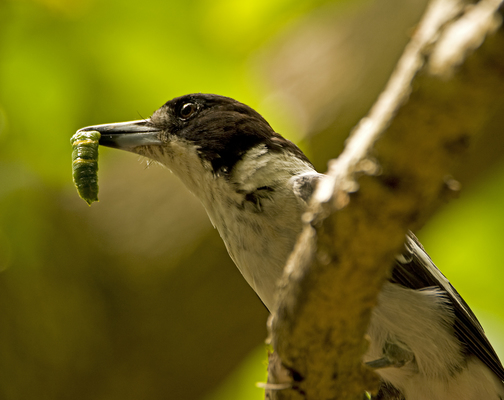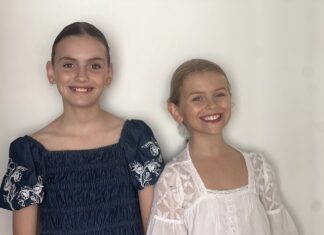MAYOR Tony Wellington is urging residents to stop feeding wildlife “inappropriate human food” with fears it may be impacting the region’s overall biodiversity.
Councillor Wellington says the best way to encourage wildlife into a yard is to grow native food plants, not by feeding animals human food that is “the equivalent of serving up a diet of junk food”.
“Feeding wildlife with inappropriate food is equivalent to creating a junk food addiction in our wildlife,” Cr Wellington said.
“Bread, cheese, sugar and processed seeds can make wild animals sick. The problem is magnified when native birds regurgitate this unsuitable food into the mouths of their growing chicks.”
Cr Wellington said even meat designed for human consumption was not good for native carnivores.
“Kookaburras, for example, require the skin and organs of whole animals, so lean meat is robbing them of essential aspects of their diet. Many meat products like sausages also contain chemical additives and high quantities of salt, the impact of which can be pronounced in small animals,” he said.
“And of course no native animal has evolved to eat processed dairy products. Feeding cheese to butcherbirds, for example, is just plain wrong.”
Many people put out seed feeders in their garden, but these may also be problematic Cr Wellington warns.
“Lorikeets, for example, are not designed to eat large amounts of seed,” he said.
“They feed naturally on nectar, pollen and soft fruits. Seeds tend to break off the fine hairs on their tongues which they need to be able to eat their proper diet. And black sunflower seeds can be lethal to all birds because of their high oil content.”
Cr Wellington said he was also concerned handfeeding wild animals would lead to their changes in the animals’ behaviour that could have devastating impacts on their health.
“Handfeeding animals could also lead to removing their innate fear of humans. This often results in conflicts with other humans or else lethal interactions with dogs, cats and cars,” he said.
“Animals that expect to get fed by humans can also become aggressive and problematic, for both the feeders and their near neighbours. Artificial feeding not only interferes with natural behaviours, it also shifts the relative abundance of species. For example, some species that used to seasonally migrate are now staying put near artificial food sources. And increasing the numbers of nest robbers, like kookaburras and currawongs, inevitably leads to decreasing numbers of smaller birds like wrens.”
Cr Wellington said he wants to see Noosa lead the nation in understanding the harmful impacts of wildlife feeding.
“Noosa is already recognised for its environmental responsibility. Here’s an opportunity to help cement that reputation, and everyone can take part,” he said.
Stop the wild feed

Digital Edition
Subscribe
Get an all ACCESS PASS to the News and your Digital Edition with an online subscription
Nasal spray for anaphylaxis
neffy®, an adrenaline based nasal spray, will now be available from pharmacies by prescription as an alternative treatment to adrenaline autoinjectors for people with...








